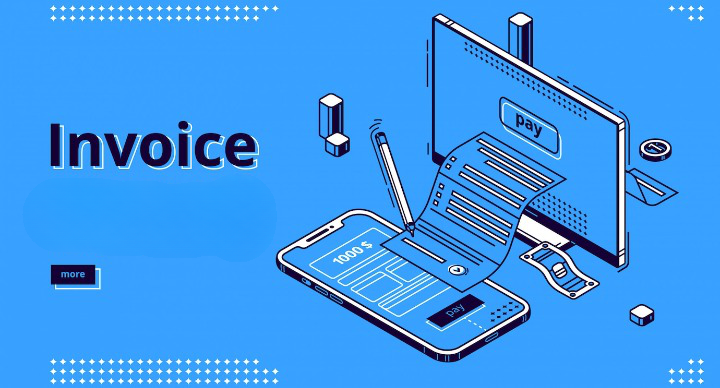In today’s interconnected world, where digital transactions and verification processes are an integral part of our daily lives, the repercussions of employing forged documents cannot be underestimated. Among these, the use of counterfeit utility bills is a particularly grave offense, carrying significant legal consequences.
Understanding Counterfeit Utility Documentation
The proliferation of advanced technology and the ease of accessing sophisticated editing tools have made it increasingly tempting for individuals to manipulate utility bills. Counterfeit utility documentation refers to the act of fabricating or altering bills to deceive others about one’s financial standing or residency status. Such deceitful practices often involve forging electricity, water, gas, or phone bills, with the aim of gaining an advantage in various legal or financial matters.
Fraud and Forgery Offenses
Employing fake utility bills invariably falls under the purview of fraud and forgery offenses, which carry severe penalties. Fraud involves intentionally deceiving someone to obtain personal gain, while forgery pertains to creating, altering, or using a false document with fraudulent intent. By submitting counterfeit utility bills, individuals misrepresent their financial obligations, residence, or other critical information, thus engaging in illegal activities.
Identity Theft and Fraudulent Applications
Counterfeit utility bills can also play a significant role in identity theft schemes. Fraudsters may exploit falsified documents to assume the identity of another person, opening bank accounts, obtaining credit, or making fraudulent applications for loans or government benefits. The use of fake utility bills in such cases can lead to extensive financial losses for the victims and severe legal repercussions for the perpetrators.

Legal Consequences
The legal consequences of using counterfeit utility bills vary depending on the jurisdiction and the specific circumstances of the case. However, individuals found guilty of such offenses often face hefty fines, imprisonment, or both. Moreover, a criminal record resulting from a conviction can have long-lasting implications, affecting future employment prospects and personal reputation.
Civil Liability
Apart from criminal charges, individuals resorting to counterfeit utility bills may also face civil liability. If their actions cause harm to others, such as financial loss or damage to reputation, the affected parties may file lawsuits seeking compensation. Civil litigation can lead to significant monetary penalties, as well as the payment of legal fees and damages, further compounding the consequences for the individuals involved.
Regulatory and Professional Consequences
The legal ramifications of using fake utility bills extend beyond criminal and civil liability. Professionals, such as lawyers, accountants, and real estate agents, who engage in fraudulent practices with counterfeit bills may face severe disciplinary action from their respective governing bodies. These can include revocation of licenses, professional sanctions, and tarnished reputations within their industries.

Leave a Reply